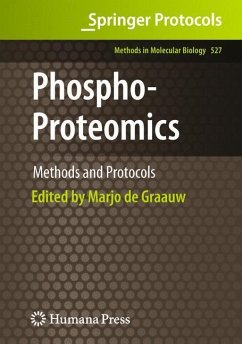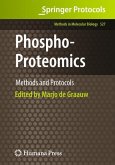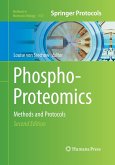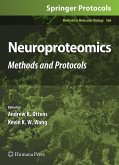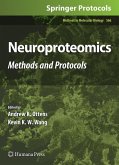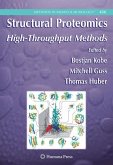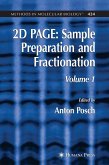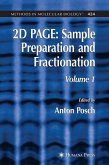Protein phosphorylation controls many basic cellular processes, such as cell growth, differentiation, migration, metabolism, and cell death, and its study can provide key insights into the signal transduction pathways that are activated in cells in response to different stimuli, such as growth factor stimulation or exposure to toxicants. In Phospho-Proteomics: Methods and Protocols, expert researchers contribute both well-established protocols and some of the newest strategies for the identification and evaluation of protein phosphorylation on Tyr, Ser, and Thr residues, including topics such as 2-dimensional gel electrophoresis and protein phosphorylation, enrichment of phospho-proteins and peptides, quantitative analysis of phosphorylation by labeling and MS analysis, and antibody and kinase arrays. Written in the highly successful Methods in Molecular Biology(TM) series format, chapters include brief introductions to their respective subjects, lists of the necessary materials and reagents, step-by-step, readily reproducible laboratory protocols, and notes on troubleshooting and avoiding known pitfalls.
Comprehensive and cutting-edge, Phospho-Proteomics: Methods and Protocols is an ideal reference for both new and experienced scientists who wish to gain insight into the current developments in the field and to find inspiration to pursue its future.
Comprehensive and cutting-edge, Phospho-Proteomics: Methods and Protocols is an ideal reference for both new and experienced scientists who wish to gain insight into the current developments in the field and to find inspiration to pursue its future.

